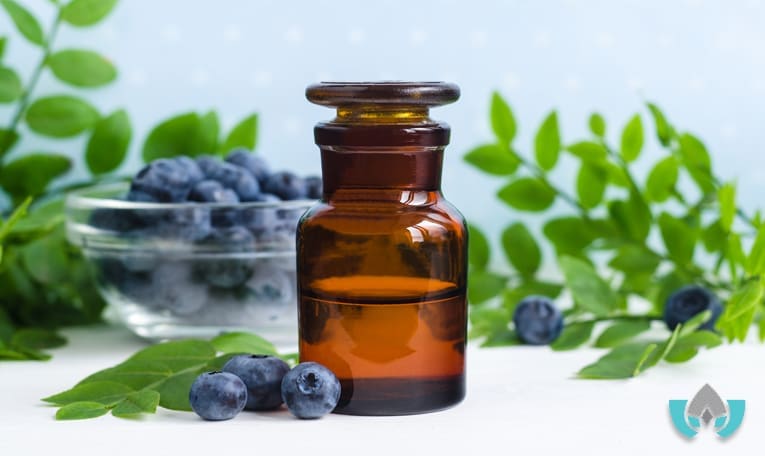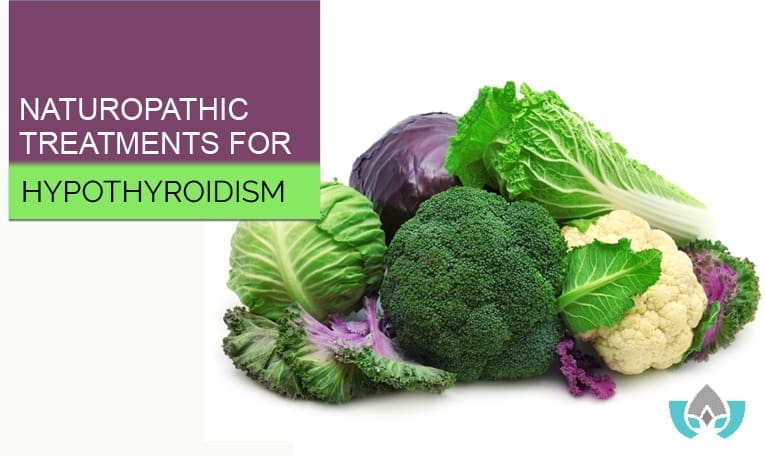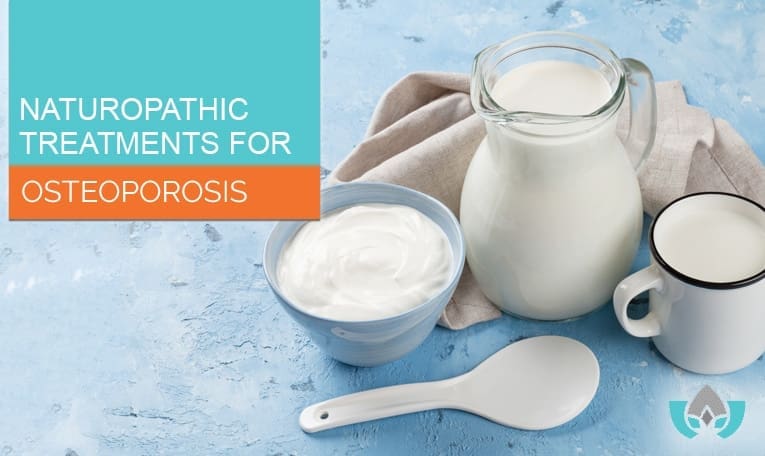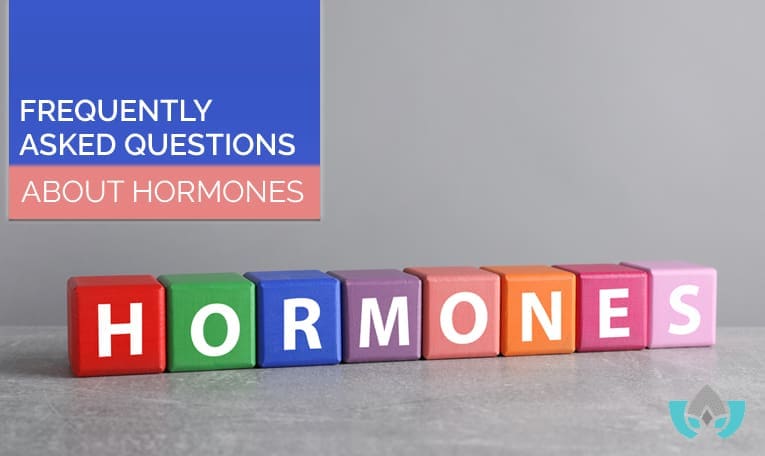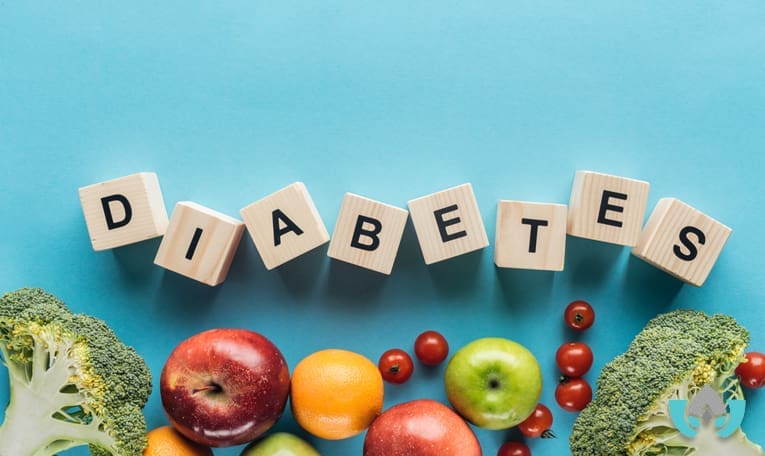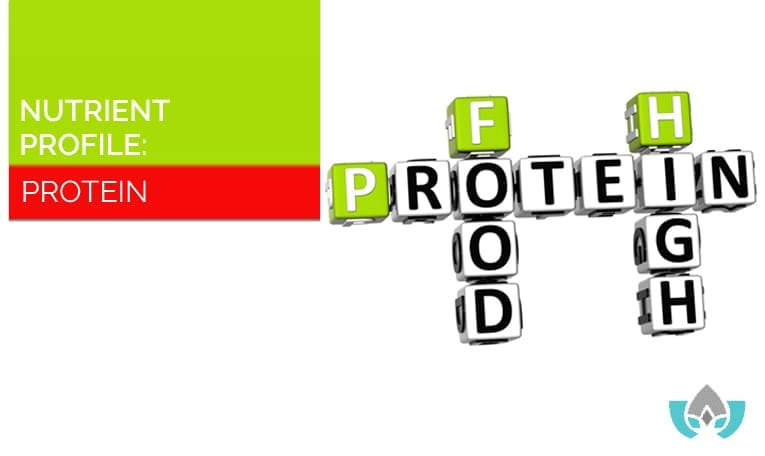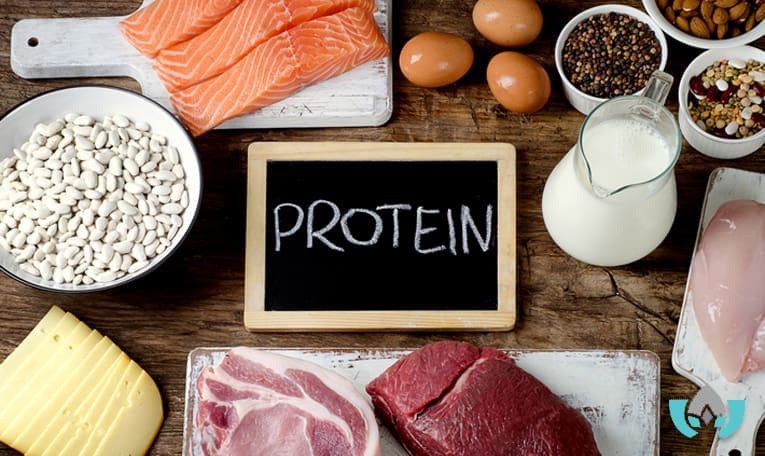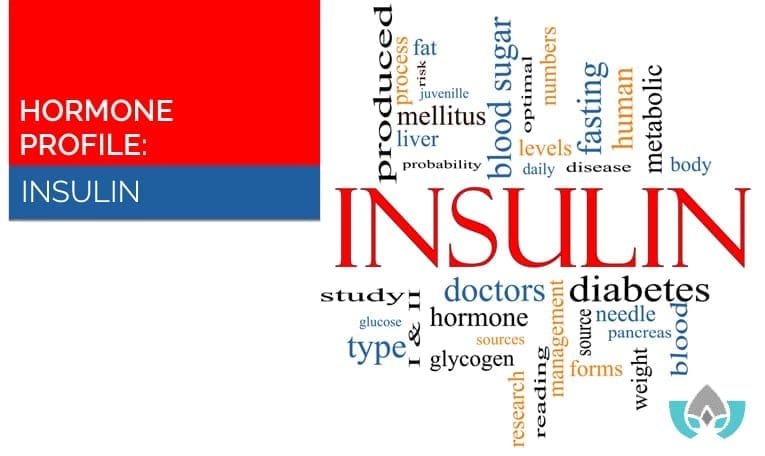

Arthritis is a widespread disability that affects many people.
Arthritis is an umbrella term that encompasses many different conditions that have similar general symptoms.
Osteoarthritis is a chronic condition that affects your joints and can cause you to feel joint pain and stiffness.
This degenerative joint disease can limit your work or recreational activities due to the pain that it causes.
If you have osteoarthritis and are looking for natural solutions to help treat and manage your condition, I’m here to help.
As a Mississauga naturopathic doctor who offers acupuncture services and other holistic treatments, I want to help you learn about naturopathic treatments for osteoarthritis.
Today we’ll be taking a closer look at what osteoarthritis is, and what naturopathic treatments are available for you.
What Is Osteoarthritis?
Also known as wear and tear arthritis, osteoarthritis is the most common chronic condition that affects your joints.
Your joints are the meeting place where two bones have contact.
The ends of your bones are covered by a protective tissue called cartilage.
When this cartilage breaks down, it causes the joints to rub against each other and can cause pain and stiffness.
It can also narrow the space in the joint as well as cause cysts and changes to the various biological components underneath the cartilage.
This results in the development of osteoarthritis.
This condition can happen in any joint in your body.
The most commonly affected body parts are your hands, shoulders, fingers, knees, hips, and spine.
While osteoarthritis is more prevalent in elderly people, it can affect adults at any age.
It is a leading cause of disability and can significantly impact your daily activities.
Osteoarthritis Symptoms
One of the primary symptoms of osteoarthritis is pain and stiffness in the afflicted joint.
You may also experience reduced flexibility and limited range of motion.
The affected areas can feel tender and cause discomfort if you press on them with your fingers.
Another common symptom is inflammation, which can develop around the affected joint.
You may also experience crepitus, which are the crackling, clicking or popping sounds that occur when you move your joint.
Osteoarthritis may also cause deformations or bone spurs, which are additional lumps of bone, but these are normally painless.
You may also experience loss of mobility depending on the seriousness of the condition.
Pain may become more intense as the condition advances and may also cause swelling in the joint and the area around it.
What Is The Main Cause Of Osteoarthritis?
The main cause of osteoarthritis is joint damage.
This can build up over time and lead to stiffness and pain in joints.
Age is one of the primary causes of osteoarthritis as there is cumulative joint damage from repetitive stress on the joints.
Aside from age, there are several other causes of joint damage.
Having a past injury that included dislocated joints, ligament injuries, or torn cartilage can lead to osteoarthritis.
Other causes include poor posture, obesity, or a joint deformity, whether naturally occurring or following an injury.
There are risk factors that may also increase your likelihood of developing this condition.
These include:
- Being fifty years old or older
- Having had menopause
- Having a family history of osteoarthritis
- Having a history of injuries
- Obesity
- Poor posture
- Physically demanding occupation
- Other medical conditions that affect joint health
- Gender; women tend to have higher rates of osteoarthritis
If you develop osteoarthritis in one part of your body, there’s an increased risk of it developing in other parts.
Osteoarthritis Vs. Rheumatoid Arthritis
While osteoarthritis and rheumatoid arthritis both have the same symptoms, they are very different and unique conditions.
Osteoarthritis is degenerative and develops in its severity over time.
Rheumatoid arthritis is an autoimmune disorder that’s characterized by synovitis, or inflammation of the joint lining.
With rheumatoid arthritis your body’s immune system sees the soft lining around the joints as a threat and attacks it.
When your immune system attacks this soft lining, synovium, it builds up fluid in the joints.
The symptoms that occur are similar to osteoarthritis and include pain, stiffness, swelling, and inflammation.
Rheumatoid arthritis most commonly affects small joints in your feet and hands.
However, it can sometimes affect your organs, such as the skin, lungs, and eyes.
Continuous inflammation can lead to permanent joint damage and deformity.
Talk to your doctor to determine which type of arthritis you have to treat it accordingly.
Naturopathic Treatments For Osteoarthritis
There are numerous natural treatments and supplements that can help alleviate symptoms of osteoarthritis.
Aside from the naturopathic treatments we’ll discuss today, physical therapy and massage therapy may also be beneficial.
Let’s take a more detailed look at some of the naturopathic treatments available for you.
1. Acupuncture
Acupuncture is one of the oldest medical treatments on the planet, dating back to ancient China.
Acupuncture treatment uses fine needles that are placed in specific points on your body.
The way in which they are organized forms a meridian.
This stimulates energy flow, which can help promote your body’s healing ability.
Acupuncture can be used to treat a wide array of conditions, particularly those where pain is involved, like osteoarthritis.
Acupuncture can also help reduce the risk of developing coronary heart disease in people with rheumatoid arthritis.
2. Vitamin D
Vitamin D is an important part of many of our body’s functions.
It can also promote bone health, cell growth, and immune function.
Consuming vitamin D may help provide relief from symptoms of osteoarthritis by lowering inflammation and swelling.
Having an adequate level of vitamin D, whether through sun exposure or supplementation, may also help protect against the development of osteoarthritis.
3. Omega-3 Fatty Acids
Omega 3 fatty acids are essential fatty acids that may provide numerous health benefits.
Omega 3 fatty acids that come from fish oil have been well established for having anti-inflammatory properties.
Taking omega 3s can help fight against inflammation caused by osteoarthritis.
This can further relieve pain and reduce the need for over the counter pain medications.
4. Polyphenols
Dietary treatment is a natural approach that provides your body with antioxidants and can help manage arthritis.
Certain fruits have higher concentrations of polyphenols, which are naturally occurring compounds, and may be beneficial for osteoarthritis.
Berries and their extracts have certain protective qualities that can help maintain joint structure and manage inflammation.
It’s possible that fruit polyphenols, like quercetin and citrus flavonoids, can help alleviate arthritis associated symptoms.
5. Calcium
Calcium is an important mineral for bone formation and overall healthy bones and teeth.
Having enough calcium in your diet can help maintain your bone health and as a result could aid in the prevention of developing osteoarthritis.
However, calcium isn’t a treatment for osteoarthritis and doesn’t help in the conditions’ progression or symptoms.
Book Your Appointment With The Mindful Healing Clinic Today
Are you experiencing symptoms associated with osteoarthritis?
If you suffer from joint pain and stiffness, I can work with you and offer naturopathic solutions to help manage your condition.
I’m Dr. Maria Cavallazzi, a Mississauga based naturopathic doctor.
I can help you by offering a natural treatment plan to help you get your osteoarthritis under control.
Book your appointment with The Mindful Healing Clinic today.

